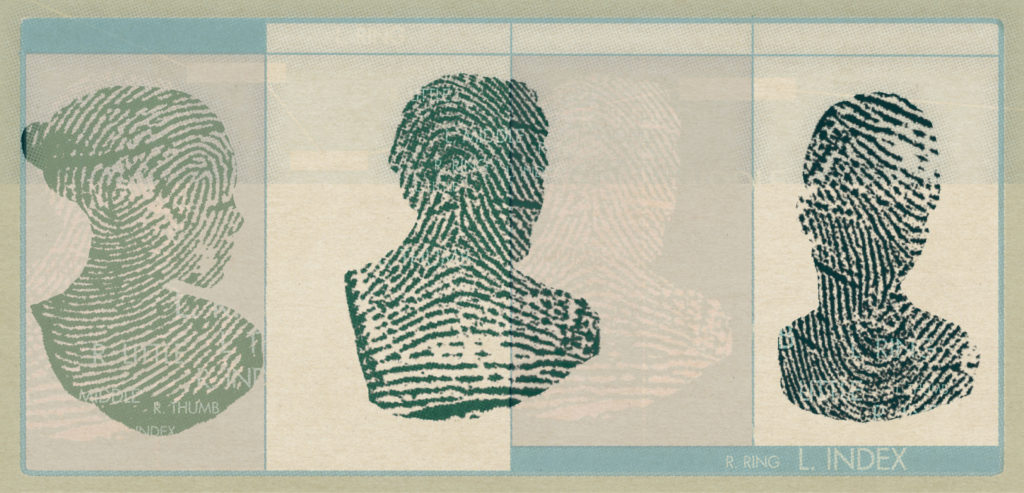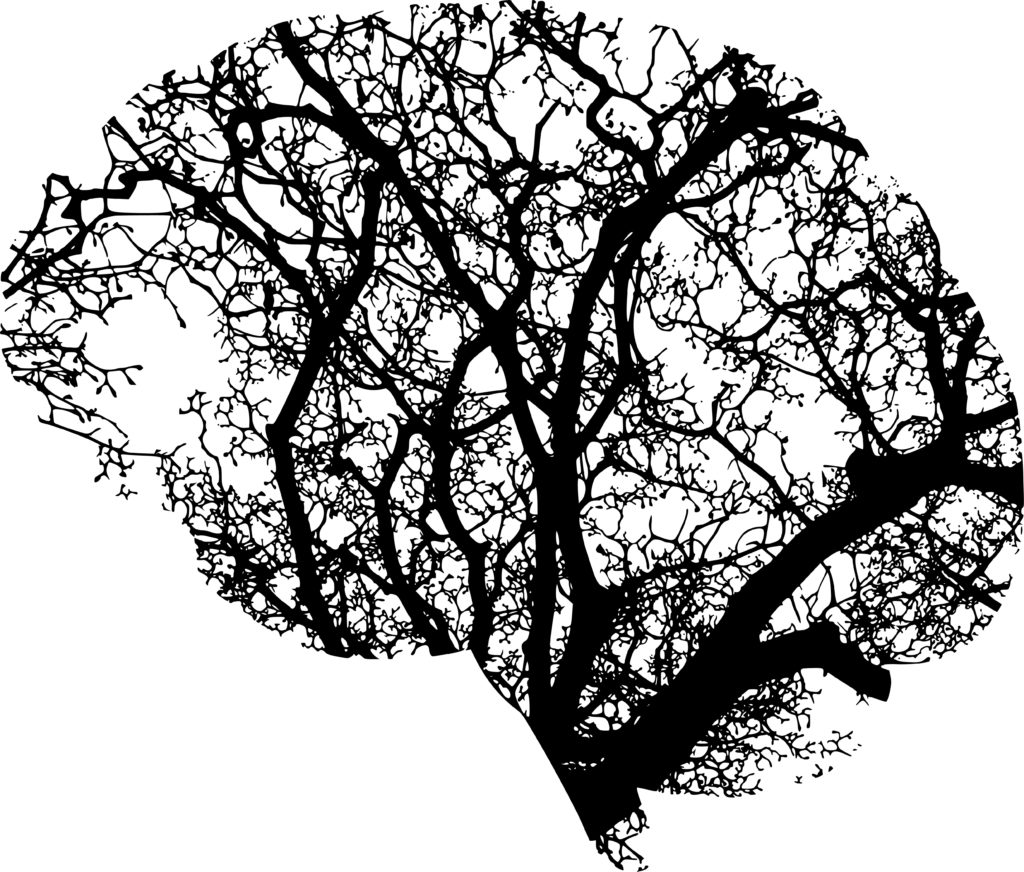Have a question about something you can sunny leone hd sex videossee but can't describe? Just ask Google.
Google has unveiled what seems like a really useful and almost scarily advanced new way to search with images.
Google Lens already lets you search based on an image. For example, if you take a picture of an elephant, you'll probably get Google Lens search results back for "elephant." But now, you can tap a picture you've taken, or one that you've saved in your library, and ask a question about it. Take the elephant: Just tap the photo for the ability to "Add Questions," and a text box will pop up where you can plumb Google for more information about that specific image, like "What kind of elephant is this?," or "How many of these elephants are left in the world?"
That involves so many layers of AI processing it's actually hard to comprehend. It understands what's in the picture, it understands your question, and it understands how your question relates to the picture. And, of course, it (ostensibly) gives you the answers you're looking for. What?!?
Making it all possible is a new, more advanced AI system called Multitask Unified Model (or MUM), announced in May, that is beginning to power Search. Google has been slowly rolling out applications for the new tech that's capable of processing queries in more complex ways, and delivering results that Google believes will be more relevant or instructive than before.
The change to Lens is one of the most eye-popping yet, and the examples for queries Google provides show off just how smart MUM is. You can ask Google Lens about a pattern on a shirt, and whether that same pattern comes available in socks: Et voila, you get the exact product listing.
Via GiphyOr here's an example of someone snapping a picture of a broken bicycle component. Showing Google Lens the picture of the broken part, and asking "how to fix," delivers both what the exact broken part is, AND how to fix it.
Via GiphyBoth of these sorts of questions would be difficult to answer without the visual component. For the pattern, you'd likely get non-specific results for a verbal search for, say, socks in a floral pattern. And for the bike example, you'd probably have to figure out that the specific bike part that's broken is called a "derailleur" (Who knew?) before you could even start worrying about how to fix it.
The machines are getting smarter, which is a possibly scary prospect for the world, but great news for finding answers to tricky questions.
Topics Artificial Intelligence
(Editor: {typename type="name"/})
 Nintendo Switch 2 release date, price announced
Nintendo Switch 2 release date, price announced
 Eleanor Ray’s Minimalist Memories by Kyle Chayka
Eleanor Ray’s Minimalist Memories by Kyle Chayka
 Three Writing Rules to Disregard by Benjamin Dreyer
Three Writing Rules to Disregard by Benjamin Dreyer
 To Be At Home Everywhere by Drew Bratcher
To Be At Home Everywhere by Drew Bratcher
 Best headphones deal: Save $116 on Sennheiser Momentum 4
Best headphones deal: Save $116 on Sennheiser Momentum 4
Best vacuum mop combo deal: Save $140 on the Tineco Floor One S5
 SAVE $140:The Tineco Floor One S5 smart wet dry vacuum is on sale at Amazon for $309.99, down from t
...[Details]
SAVE $140:The Tineco Floor One S5 smart wet dry vacuum is on sale at Amazon for $309.99, down from t
...[Details]
The Postmenopausal Fairy Tale by Sabrina Orah Mark
 The Postmenopausal Fairy TaleBy Sabrina Orah MarkFebruary 4, 2019HappilySabrina Orah Mark’s monthly
...[Details]
The Postmenopausal Fairy TaleBy Sabrina Orah MarkFebruary 4, 2019HappilySabrina Orah Mark’s monthly
...[Details]
The Surprising History (and Future) of Fingerprints
 The Surprising History (and Future) of FingerprintsBy Chantel TattoliDecember 31, 2018Best of 2018We
...[Details]
The Surprising History (and Future) of FingerprintsBy Chantel TattoliDecember 31, 2018Best of 2018We
...[Details]
Cooking with Patrick O’Brian by Valerie Stivers
 Cooking with Patrick O’BrianBy Valerie StiversFebruary 15, 2019Eat Your WordsIn Valerie Stivers’s Ea
...[Details]
Cooking with Patrick O’BrianBy Valerie StiversFebruary 15, 2019Eat Your WordsIn Valerie Stivers’s Ea
...[Details]
Panthers vs. Sharks 2025 livestream: Watch NRL for free
 TL;DR:Live stream Panthers vs. Sharks in the 2025 NRL for free on 9Now. Access this free live stream
...[Details]
TL;DR:Live stream Panthers vs. Sharks in the 2025 NRL for free on 9Now. Access this free live stream
...[Details]
The Truth About AI: A Secular Ghost Story by Zachary Mason
 The Truth About AI: A Secular Ghost StoryBy Zachary MasonDecember 20, 2018Arts & CultureSome of
...[Details]
The Truth About AI: A Secular Ghost StoryBy Zachary MasonDecember 20, 2018Arts & CultureSome of
...[Details]
Ricky Jay, the Magician with an Edge by Michael Chabon
 Ricky Jay, the Magician with an EdgeBy Michael ChabonFebruary 12, 2019In MemoriamRicky Jay, one of t
...[Details]
Ricky Jay, the Magician with an EdgeBy Michael ChabonFebruary 12, 2019In MemoriamRicky Jay, one of t
...[Details]
Daddy Issues: Renoir Père and Fils by Cody Delistraty
 Daddy Issues: Renoir Père and FilsBy Cody DelistratyJanuary 10, 2019The Big PictureThe filmmaker Jea
...[Details]
Daddy Issues: Renoir Père and FilsBy Cody DelistratyJanuary 10, 2019The Big PictureThe filmmaker Jea
...[Details]
U.N. confirms the ocean is screwed
 The ocean isn't alright.The seas, which hold some 332,519,000 cubic miles of water, are warming, ris
...[Details]
The ocean isn't alright.The seas, which hold some 332,519,000 cubic miles of water, are warming, ris
...[Details]
 Eau de Nil, the Light-Green Color of Egypt-Obsessed EuropeBy Katy KelleherDecember 25, 2018Best of 2
...[Details]
Eau de Nil, the Light-Green Color of Egypt-Obsessed EuropeBy Katy KelleherDecember 25, 2018Best of 2
...[Details]
接受PR>=1、BR>=1,流量相当,内容相关类链接。